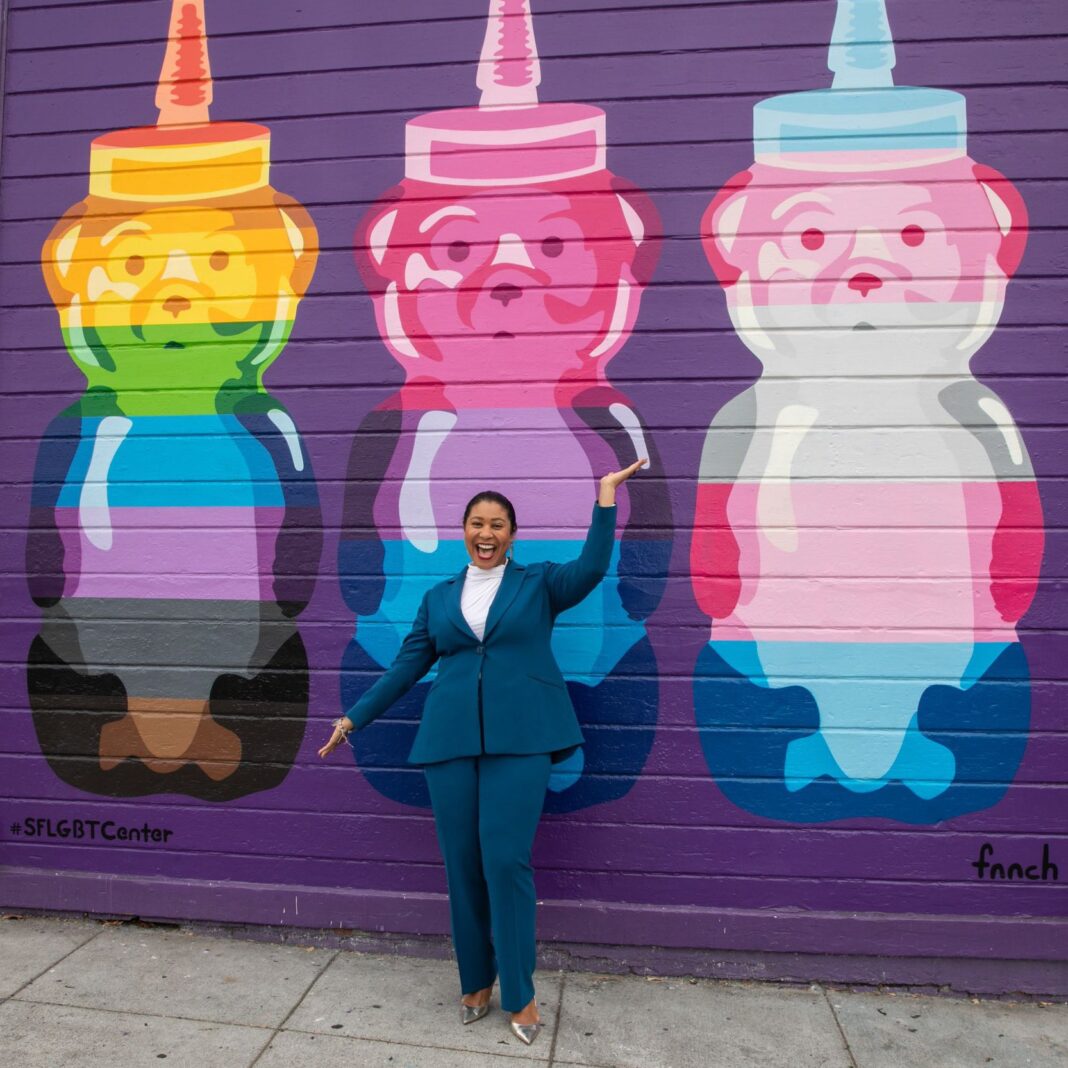SAN FRANCISCO—San Francisco Mayor London Breed announced a plan for economic recovery, including a basic income program for artists, expanding the Shared Spaces program, support for businesses reopening, at San Francisco Economic Recovery Task Force (ERTF)’s final meeting on October 8.
The mayor received a report including 41 plans for economic recovery from ERTF. In April, the mayor and San Francisco Board of Supervisors President Norman Yee gathered over 100 leaders for the ERTF, whose fields range from business and non-profit to labor and education. The ERTF is led by Assessor Carmen Chu, Treasurer José Cisneros, President of the Chamber of Commerce Rodney Fong, and Executive Director of the Labor Council Rudy Gonzalez.
In response to the report, Mayor Breed announced the city’s plan of “moving forward on creating a plan to make elements of the Shared Spaces program permanent, providing direct funding support to businesses, creating a pilot basic income program for artists, supporting cultural districts, delaying impact fees, and waiving certain taxes and fees for businesses that remain closed.”
For Basic Income Pilot for Artists, San Francisco will provide up to 130 artists, teaching artists, arts organizations, and cultural workers with $1,000 a month for at least six months, taking $6 million from its budget. The Arts Commission will also provide funds to reopen art organizations and to make an online Arts Hub.
The Arts Commission will open four other programs the week of October 11, including the $265,000 fund for artists to paint murals with a public health theme on stores and to deploy performance artists to promote COVID-safe behaviors on the streets.
Cheryl Keating, a law researcher who has studied UBI proposals and programs in the United States and Canada, said that artists should suddenly know what amount of minimum salary they will get per a month, in addition to what else they make, according to the California Globe.
He is one of the many people against the program. He added “landlords in wealthier areas find out that a tenant has UBI and proceeds to charge them more because they can now afford such a bump in rent.”
Keating explained that when Denver and Seattle introduced UBI programs in the 60s and 70s, people worked less and also divorce rate went up. Some people also pose a question about the necessity of economic recovery programs in the midst of a statewide shutdown.






